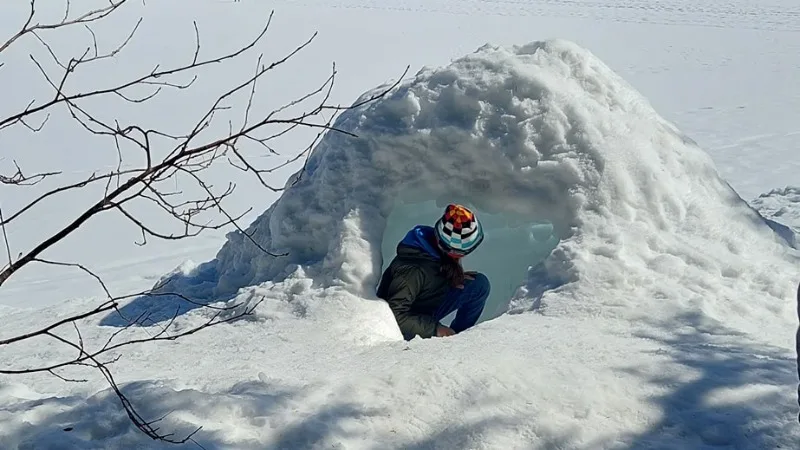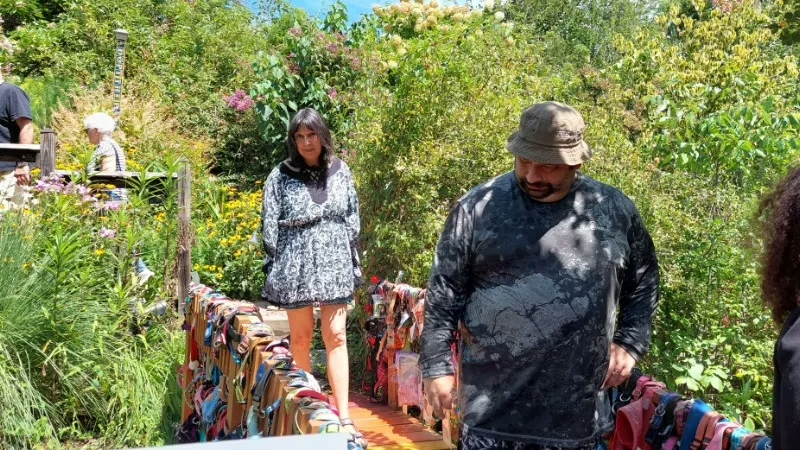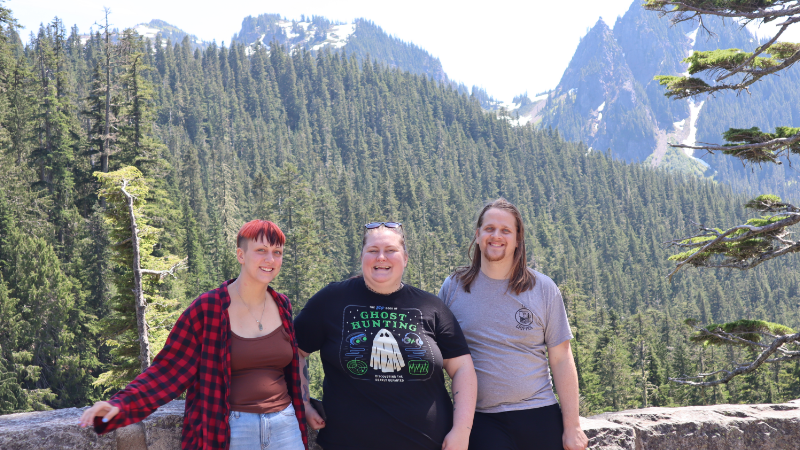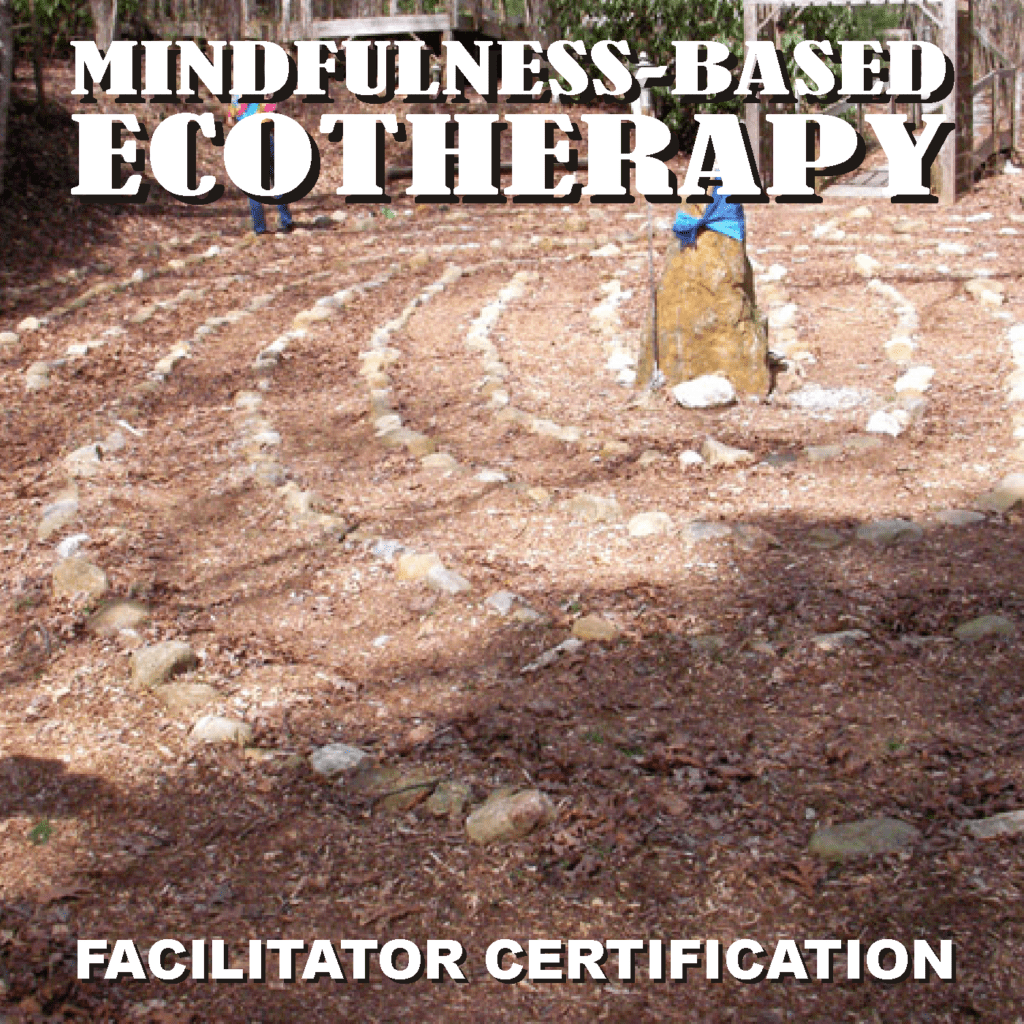
In previous blogs we’ve talked about the idea of ruminating cycles. If I have a negative thought, and that negative thought leads to two or three more negative thoughts, then those negative thoughts lead to a couple of dozen more negative thoughts, I am ruminating on negative thoughts. “Ruminating” literally means “to chew on.” So a ruminating cycle is a cycle in which I am “chewing on” a chain of thoughts.
Ruminating is sometimes called snowballing because of the way it behaves. Negative thoughts tend to naturally multiply, attracting more and more negative thoughts and growing like a snowball rushing downhill. It’s much easier to stop a snowball at the top of the hill before it has accumulated mass, momentum and speed. Likewise, it is much easier to stop a negative ruminating cycle when it begins than it is to try to stop it once it has gained momentum.
This is accomplished by identifying triggers that lead to negative rumination. The earlier in the ruminating cycle it can be stopped, the easier it is to stop the cycle. The way to catch a ruminating cycle and to stop it before it begins is to identify your triggers for negative rumination.
Suppose your husband isn’t paying attention to you, and that this lack of attention becomes a trigger for a negative ruminating cycle. Your negative ruminating cycle in this case might look something like this:
“He’s not paying attention to me. Is he giving me the ‘cold shoulder’? What have I done this time? Is he mad about something? Great…now he’s going to ignore me for the rest of the day! Why do I put up with this? I don’t see how this relationship can continue if he’s going to keep acting like this!”
This entire cycle of negative rumination was started with the simple observation that, “My husband isn’t paying attention to me.” The rest of the cycle was perpetuated by the assumption that his lack of attention had a negative origin. If that assumption hadn’t been made, then the negative cycle of rumination would not have been necessary. In order to stop the cycle before it began, the original assumption could have been challenged.
Challenging Ruminating Cycles
One way to challenge such negative ruminating triggers is to reframe them by making a different assumption about the observation. In the example above, you could reframe that trigger in such a way that it starts a positive ruminating cycle. Some possible reframes might be:
My partner’s busy right now, so that means I can have some ‘me’ time!
Maybe he has a lot on his mind. I shouldn’t take it personally.
This is an opportunity to show my support!
Each of these reframes assumes a positive rather than a negative intent from the observation, “My partner isn’t paying attention to me.”
Note also that even if the original assumption was correct, it is still possible to reframe the trigger so that it doesn’t lead to a negative ruminating cycle. Remember that the original assumption about the observation was, “He’s not paying attention to me. Is he giving me the ‘cold shoulder’?”
This correct negative assumption could be reframed in the following positive way:
“Well, just because he is choosing not to interact with me right now, I don’t have to let his mood spoil my own mood.”
Such a reframe allows you to validate your husband’s feelings without having them impact negatively on your own. Negative ruminating cycles can act as barriers to compassion. By assuming compassionate motives from our loved ones, we tend to act in ways that create a compassionate environment. By choosing to avoid negative ruminating cycles, we can act out of compassion even if our loved ones choose not to.
This doesn’t mean that we have to be doormats. We can still set firm boundaries while acting out of compassion. The way to do this is to expect the best from our loved ones while preparing for less than the best if necessary. When they choose to act in ways that are not compassionate, we can make it clear that we love them and care about them even when we may not agree with the way they’re acting right now.

 This is a LIVE WEBINAR that will be presented on November 9, 2023 at 10:00 a.m. to 1:00 p.m. Pacific Standard Time.
This is a LIVE WEBINAR that will be presented on November 9, 2023 at 10:00 a.m. to 1:00 p.m. Pacific Standard Time.








